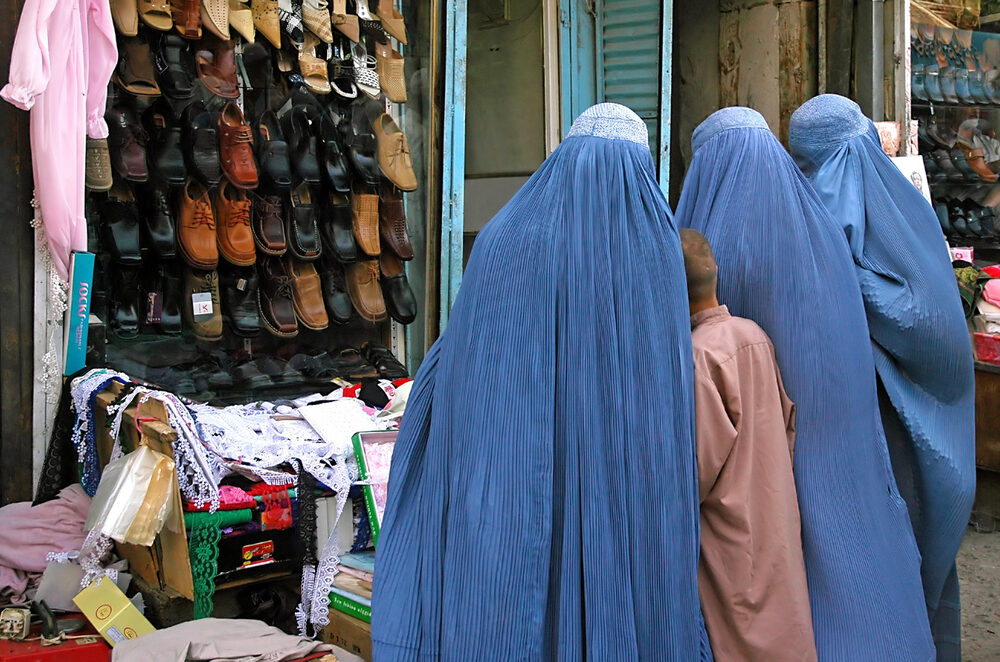Dutch stand by decision to deport three Afghan women

The Dutch immigration service IND is sticking to its decision to deport three Afghan women to Afghanistan, despite widespread criticism over the treatment of women under Taliban rule.
The IND says the women have not shown convincingly that they cannot live under the Taliban’s restrictions, are not “westernised” and would be able to “conform” to the regime’s rules, current affairs show Nieuwsuur reported.
“The fact that you dare to go outside in the Netherlands, dare to work here and have the opportunity to become independent does not mean you cannot conform to the Taliban’s rules,” the decision reads, according to documents seen by Nieuwsuur.
The women cannot be sent back at present because the Netherlands does not have diplomatic relations with Afghanistan, although justice minister David van Weel wants to change that and has joined other European ministers in calling on the European Commission to facilitate the deportation of people without legal residence.
The women themselves fear returning to Afghanistan. “A dog has a higher status than a woman,” one of them told the programme. Another, aged 79, says she has not slept since learning of the decision. She fled to the Netherlands 15 years ago after the Taliban demanded her daughter be handed over.
The decision to deport the women is at odds with the government’s position last year, when then foreign minister Casper Veldkamp launched a case against Afghanistan alongside Canada, Germany and Australia, accusing the regime of violating the UN women’s rights convention.
Lawyer Frans Willem Verbaas, who represents two of the women, said Van Weel’s decision is “outrageous”. He argues that the IND’s reasoning is outdated points out that the European Court of Justice ruled in October 2024 Afghanistan’s treatment of women is so severe and systematic it constitutes persecution in itself.
Legal experts told Nieuwsuur the ruling means no EU member state may return women to Afghanistan and that all Afghan women should be eligible for residence on the basis of gender and origin.
The IND and the asylum ministry dispute this interpretation, stating that the Netherlands “can grant asylum to all Afghan women based on discrimination, but is not obliged to do so”. The IND adds that “there are situations imaginable in which women have no difficulty conforming to the Taliban’s rules”.
The case of the 79-year-old woman will be reviewed by a court in February. Verbaas has taken another case to the Council of State, which will also hear it next year.
Thank you for donating to DutchNews.nl.
We could not provide the Dutch News service, and keep it free of charge, without the generous support of our readers. Your donations allow us to report on issues you tell us matter, and provide you with a summary of the most important Dutch news each day.
Make a donation